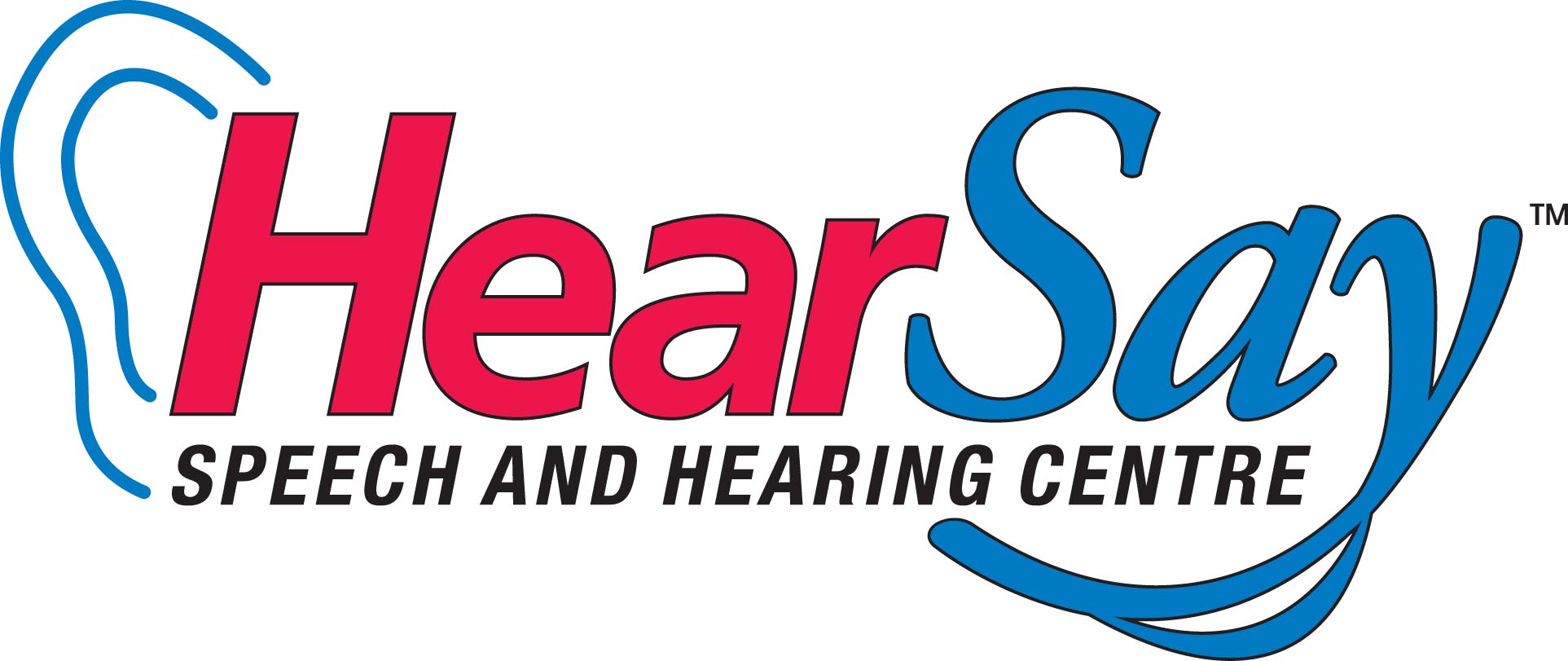
Listening is a complex process. While a hearing test looks at the peripheral hearing and the mechanics of the outer, middle and inner parts of the ear, that is just the START of listening. A hearing test can determine if the parts of the ears are performing adequately, however, it will not indicate what is happening at the level of the brain or how the brain then processes information to make sense of what it heard. In order to identify brain responses, auditory processing skills need to be tested.
There are also many perceptual areas of listening that may be contributing to hypersensitivies, severe and negative responses to sound and noise (i.e., hyperacusis and misophonia), as well as what some might call a psychological response to sound (i.e., tinnitus/ringing in the ears).
Other areas of the auditory pathway encompass the vestibular and balance system which is housed in the inner ear and brainstem. Perhaps not literally acknowledged as ‘listening skills,’ symptoms of dizziness, vertigo or balance issues are part of the same hearing anatomy. The vestibular system is part of the inner ear, and while not directly related to hearing, Audiologists provide the in depth assessments to determine the cause of balance and vertigo issues as well as formulating a treatment plan to address the issues at hand. Many times it is this advanced audiological testing that is requested by doctors and specialists in order to rule out other ailments and medical conditions.
Also under the realm of ‘listening’ are the technology and treatment options that help offset any hearing-related struggles and challenges. Hearing aids and assistive listening devices, FM systems, and low-gain hearing aids are some of the devices that help our clients manage listening in noise, group listening, classroom and workplace environments, as well as extracurricular and/or various social situations that might otherwise be extremely challenging.
Listening goes far beyond responding to beeps for a hearing test. There are many tests, treatments and intervetion options that allow for improved listening in every day situations.
Talk to our Audiologists to better understand what might be needed to achieve optimal listening.
